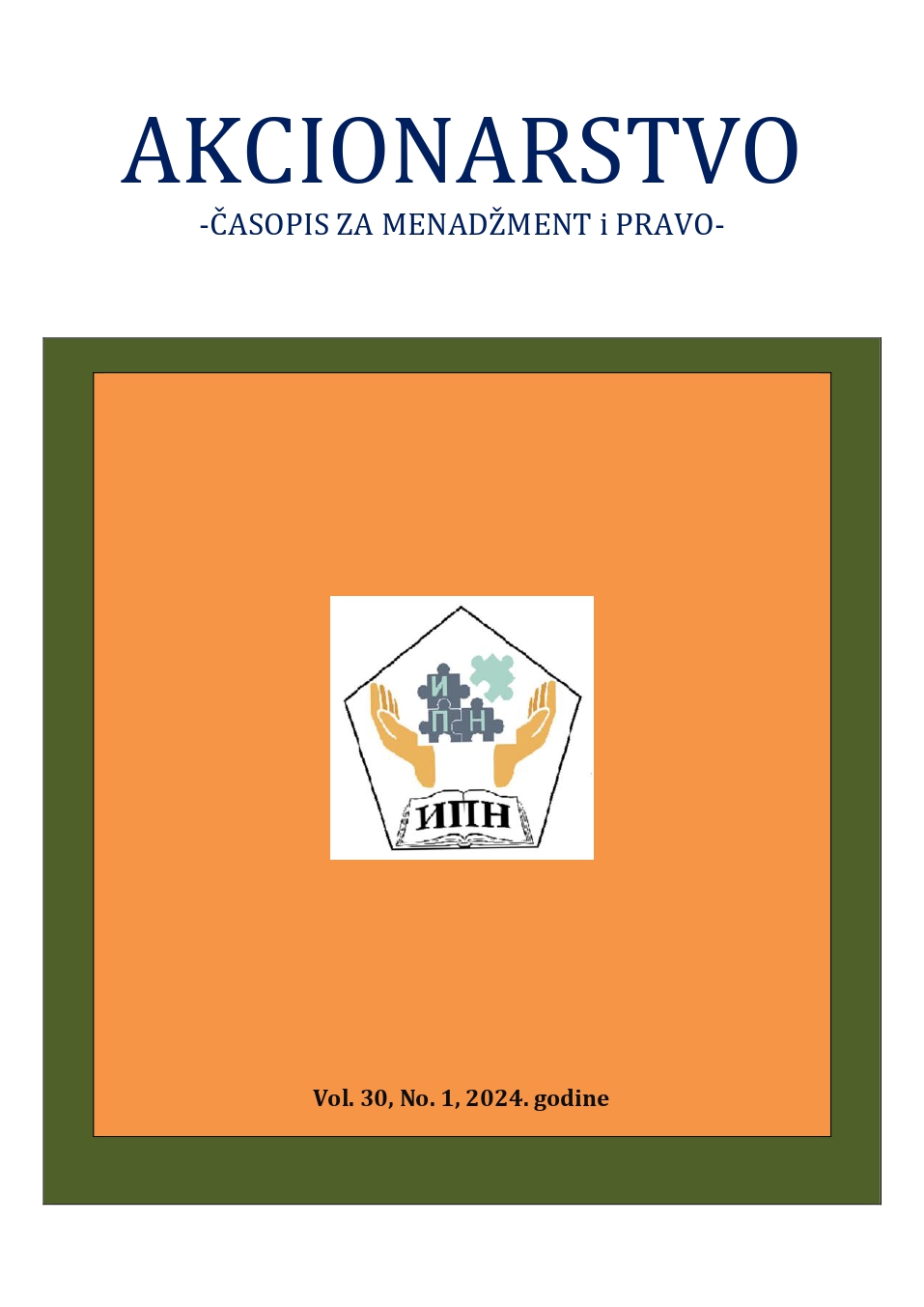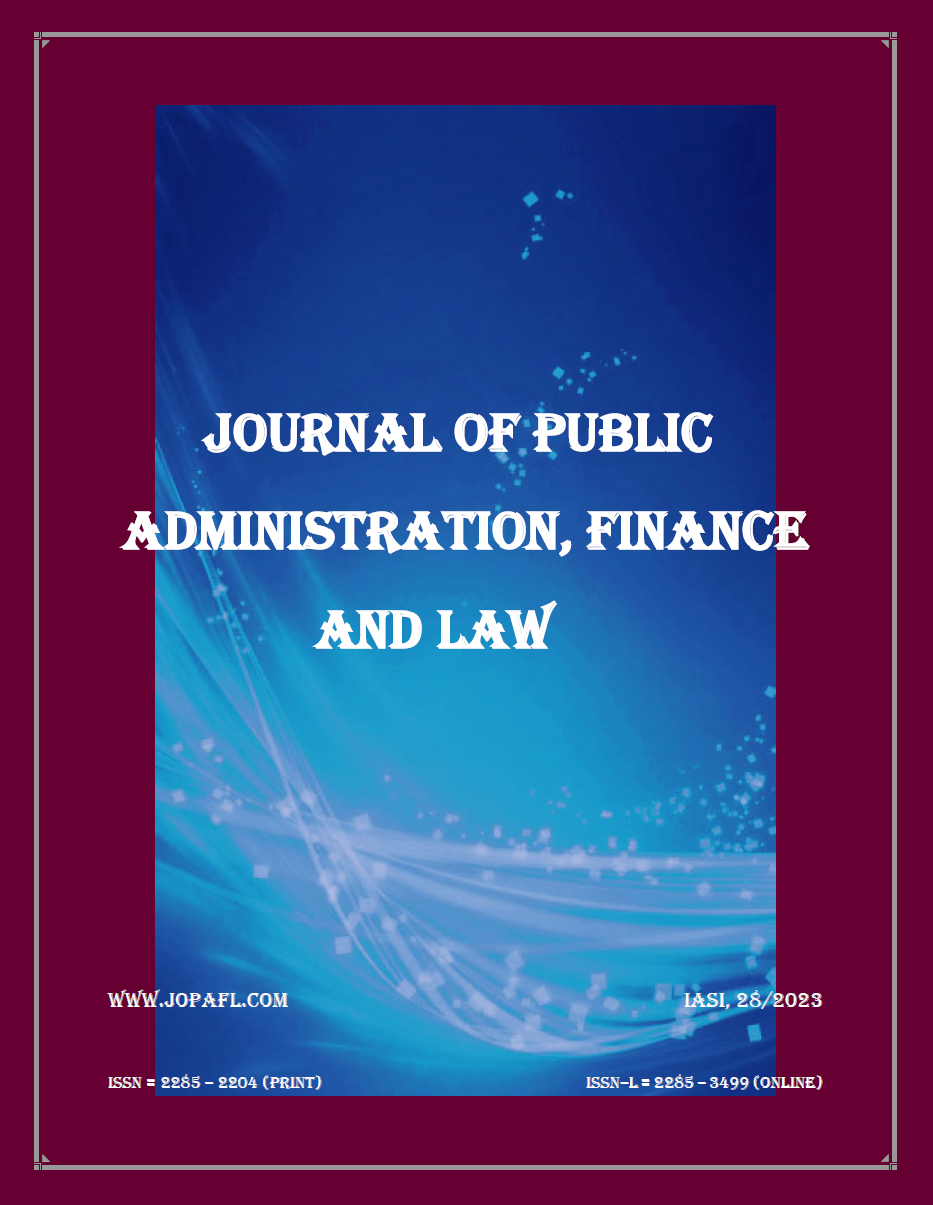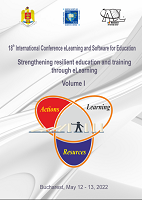Frequency of electronic device use among school-aged children
As a result of rapid technological development, electronic devices have become an inseparable part of everyday life. Numerous studies show a significant increase in the frequency and duration of electronic device use among children and youth, pointing to potential negative consequences of excessive use. The aim of this study is to examine the frequency of electronic device use among early school-age children and to determine differences in usage based on place of residence and parental behaviors. The study involved 87 parents (68 mothers and 19 fathers) of first-grade primary school children. The research was conducted in Brčko District. Data collection on the frequency of electronic device use in children was done through a parent questionnaire consisting of 11 items, designed specifically for the purposes of the study. The research results indicate that 66.7% of first-grade elementary school children use electronic devices daily, with 94.3% of respondents using electronic devices for up to 3 hours per day. The most used devices among children are mobile phones and tablets (54%), followed by TV (46%), and even 42.5% of respondents own their own electronic device for use. Children who do not have established usage rules by parents tend to use electronic devices significantly more frequently and for longer durations, as do children from urban areas compared to those from rural/suburban areas. The results also showed that there were no statistically significant differences in the frequency and duration of device usage based on parental employment status. Based on the obtained results, it can be concluded that excessive use of electronic devices is present among early school-age children, and such results imply the need for parental education and prevention of long-term consequences on children's development.
More...






